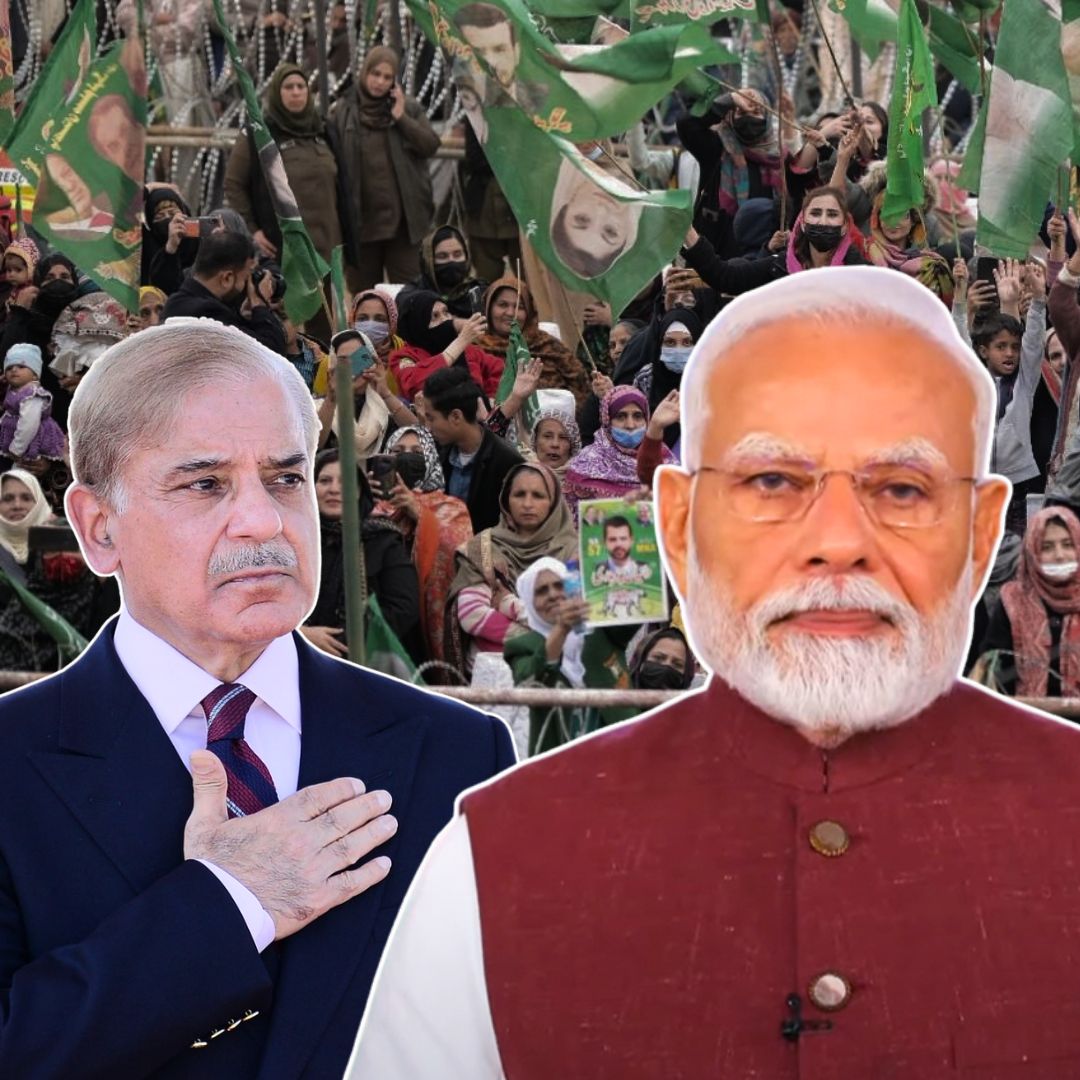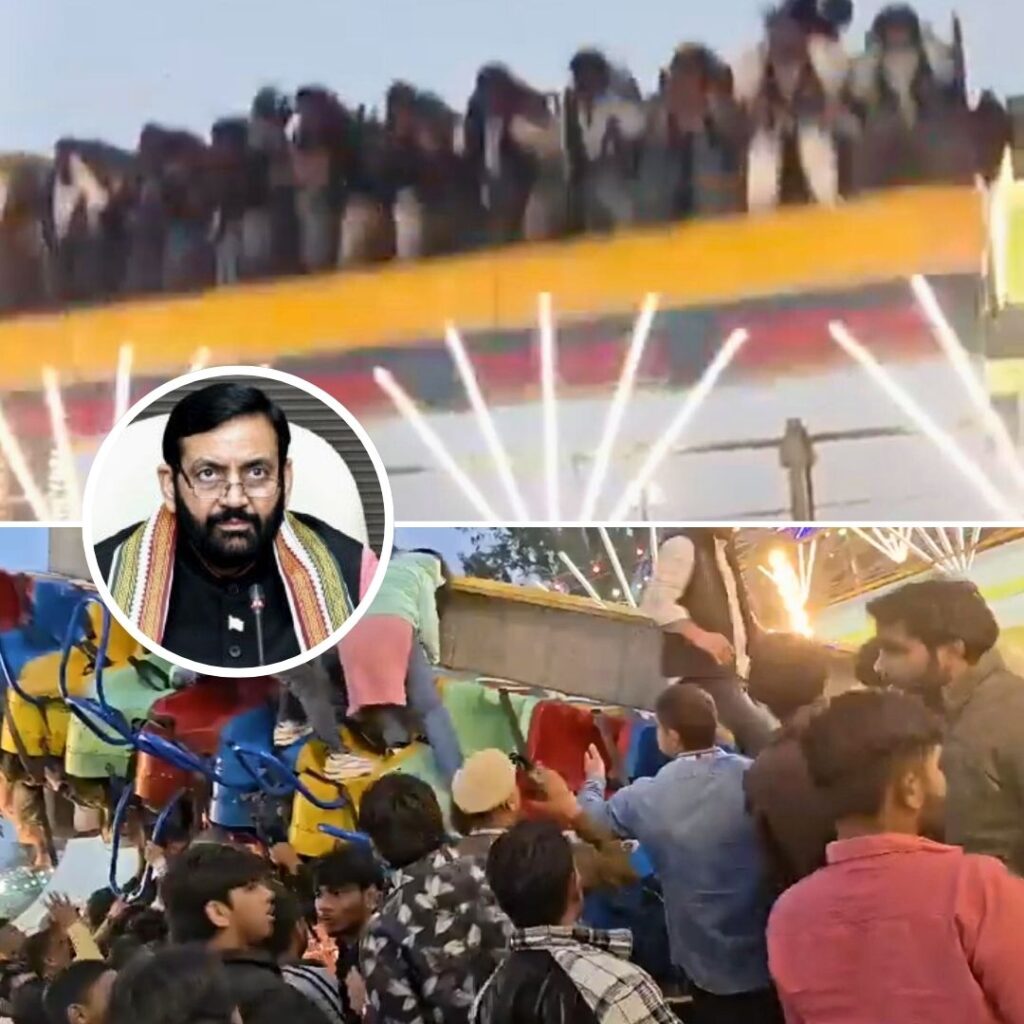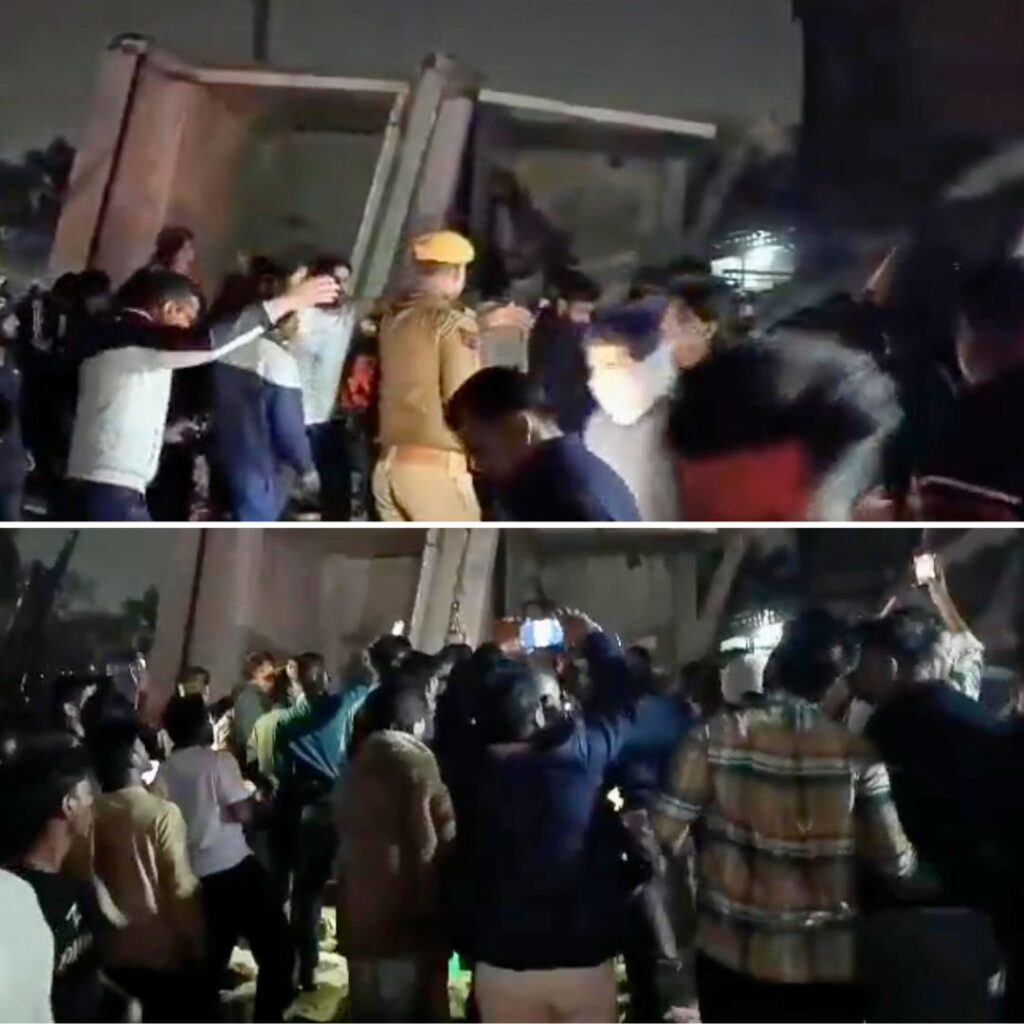India strongly rebuked Pakistan at the United Nations Security Council (UNSC) during the Open Debate on Women, Peace and Security, with its Permanent Representative, Ambassador Parvathaneni Harish, charging Pakistan with conducting “systematic genocide” and “bombing its own people.”
The heated exchange followed claims by a Pakistani official that Kashmiri women continue to suffer from sexual violence, prompting a detailed counter from the Indian side.
Claim and Counterclaim Shape Debate
Ambassador Harish’s speech underscored India’s consistent frustration with what he described as Pakistan’s “delusional tirade” against India, particularly on Jammu and Kashmir.
He stated, “Every year, we are unfortunately fated to listen to the delusional tirade of Pakistan against my country, especially on Jammu and Kashmir, the Indian territory they covet. Our pioneering record on Women, Peace and Security agenda is unblemished and unscathed.”
Harish called Pakistan “a country that bombs its own people, conducts systematic genocide, can only attempt to distract the world with misdirection and hyperbole.” These remarks directly addressed Pakistan’s accusation of violence against Kashmiri women.
Historical Context and Official Statements
The Indian envoy referenced Operation Searchlight of 1971, alleging that Pakistan had sanctioned “systematic campaigns” of genocidal mass rape of 400,000 women citizens by its army. He cited India’s track record of championing women’s rights and peacekeeping, quoting External Affairs Minister Dr S Jaishankar’s description of women peacekeepers as “messengers of peace.”
The world, Harish insisted, “sees through Pakistan’s propaganda.” Further, other Indian officials echoed these sentiments in recent sessions of the Human Rights Council, criticising Pakistan’s “state-sponsored persecution” and “systemic discrimination” of religious and ethnic minorities within its borders. India repeatedly restated that Jammu and Kashmir “was, is and shall forever” remain an integral part of the country.
Geopolitical Tension and International Reaction
This UNSC session was marked by the 25th anniversary of Resolution 1325 on Women, Peace and Security, a key point in ongoing global discourse about the role of women in peace processes. Pakistan’s claims and India’s forceful rebuttals exemplify the entrenched positions both nations hold regarding Kashmir and women’s rights.
The debate reinforced existing fault lines in South Asian geopolitics, drawing international attention to not just the status of women, but also broader concerns about historical accountability and human rights.
The Logical Indian’s Perspective
Such exchanges at the United Nations underscore the urgent need for meaningful dialogue and reconciliation, beyond rhetoric and recrimination.
While it is vital to address injustices faced by women in every conflict zone, progress will only be possible when stakeholders approach the table with truth, empathy, and genuine intent to heal.
The Logical Indian stands for peace, coexistence, and respect for human rights, and believes the global community must work towards constructive engagement.
#IndiaAtUN
— India at UN, NY (@IndiaUNNewYork) October 6, 2025
PR @AmbHarishP delivered India’s statement at the UNSC Open Debate on Women Peace and Security marking 25 years of Resolution 1325.
Quoting EAM @DrSJaishankar, he described women peacekeepers as “messengers of peace” and outlined India’s rich and pioneering… pic.twitter.com/SesXRFRJbU











